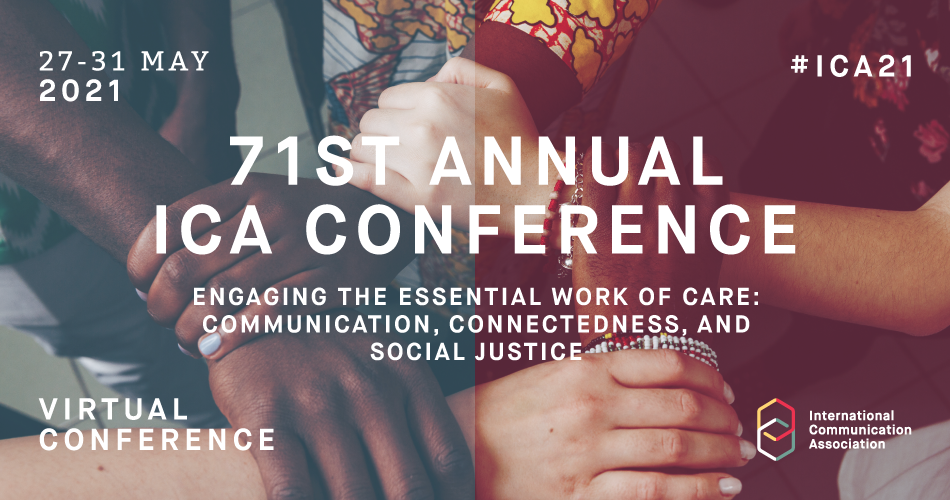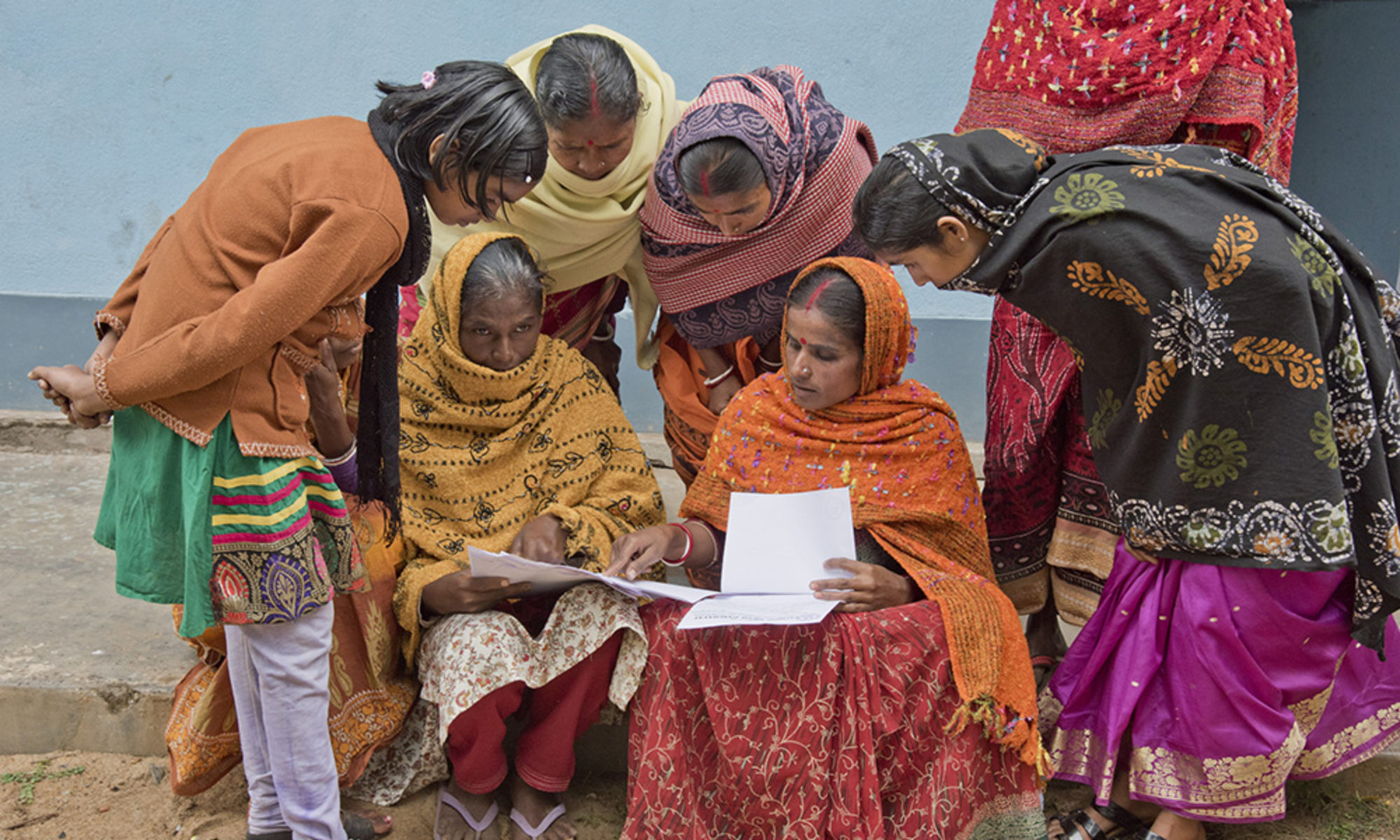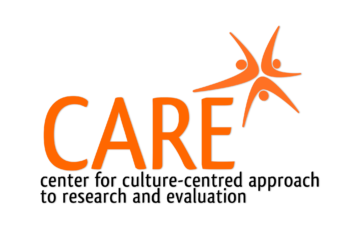
CARE: Center for Culture-Centered Approach to Research and Evaluation is looking forward to the opportunity to share our work at the 71st International Communication Association Conference #ICA21. This year’s virtual ICA conference is to be held on 27-31 May 2021 and has the theme “Engaging the Essential Work of Care: Communication, Connectedness, and Social Justice”.
The following manuscripts have been accepted for presentation
- Negotiations of health among Rohingya Refugees in Cox’s Bazar, Bangladesh: A culture-centered approach to health and care by Mahbubur Rahman; Mohan Jyoti Dutta
- Receiving healthcare while locked down: Voices from the margins in Aotearoa New Zealand by Phoebe Elers,Steven Elers & Prof. Mohan Jyoti Dutta
- Extreme neoliberalism, migrant labour and COVID-19 outbreak in Singapore: A culture-centered interrogation by Prof. Mohan Jyoti Dutta
- Migrant worker health as a human right: A culture-centered approach by Prof. Mohan Jyoti Dutta
- Nobody Cares About Us: COVID-19 and Voices of Refugees from Aotearoa New Zealand by Pooja Jayan
- If they cared, they’d listen:’ Culturally centering listening to disrupt the logics of community engagement by Christine Elers
- Innocence lost: Community building as praxis by Prof. Mohan Jyoti Dutta, Prof. Shiv Ganesh & Christine Elers
In addition to: ‘Prejudice toward the “Other” during the Covid-19 Pandemic’ by Stephen Croucher, Thao Nguyen, Mohan Dutta & Doug Ashwell, along with fellow academics Tatiana Permyakova & Oscar Gomez
#ICA21 #ICA2021 #SocialMedia #communication #Connectedness #SocialJustice #CARE Massey #CARECCA #MasseyCJM #MasseyUni #masseyuniversity #Research #NewZealand #Aotearoa
About ICA 2021 conference theme
The ICA 2021 conference theme of Engaging the Essential Work of Care: Communication, Connectedness, and Social Justice calls for our examination of how care forms the fabric of our social and interconnected lives. From the moment that we enter this world we are completely dependent on the care of others, and as we move through our lives, the care of our teachers, doctors, leaders, and artists shape us into the adults that we are today. Even as we leave this earth, on our last days, we are comforted by the care of loved ones.
“Care” can be understood from a variety of perspectives relevant to communication. Namely, care can refer to:
- Providing Assistance for Others (She takes care of my aunt.)
- Being Interested in a Topic/Issue/Idea (They care about the notion of compassion.)
- Concern about Others’ Well-Being (He cares what will happen to his children.)
- The Provision of Needed Attention or Resources (Do they provide care at the hospital?)
The concept of care can also be understood from at least two vantage points that intersect with those meanings: self-directed and community-centered. The relative priority of self and community care within a given community reflects deeply embedded cultural values, experiences of oppressions, access to resources, and histories of trust.
The concept of “care” requires our thoughtful examination and reflection. Against the backdrop of the COVID-19 pandemic, the crisis of climate change, and militarized police brutality that continues to target, harass, and kill people of color, the urgency of care to address entrenched inequalities, an overarching climate of neglect, and a global political economy of individualized self-help has been rendered visible. Communication emerges in this backdrop as a transformative site for re-working care, anchoring it in relationships, communities, organizing processes, media systems, and social formations. Care is both constituted by and constitutive of communication, as a register for creating spaces of compassion and connectedness.

